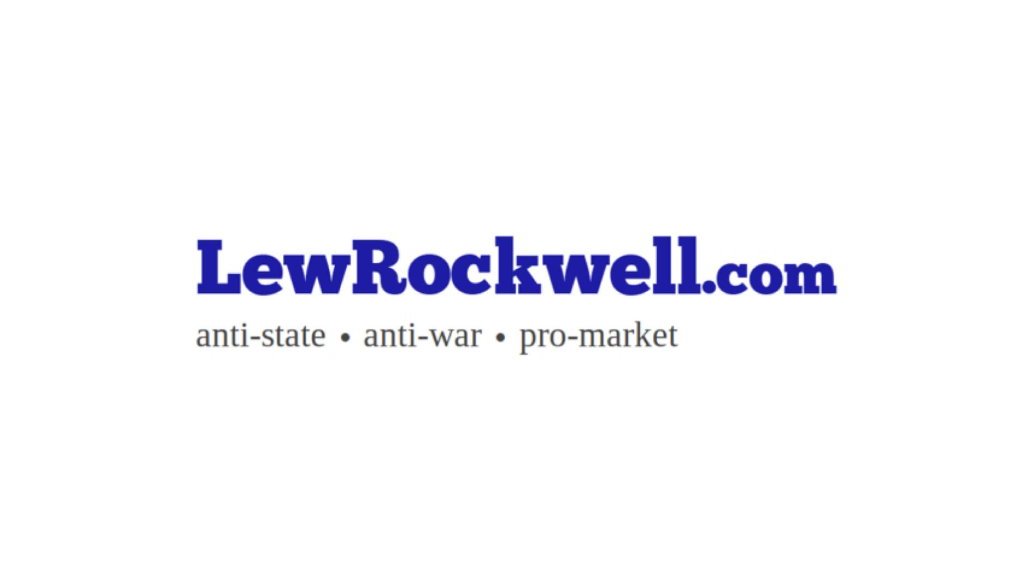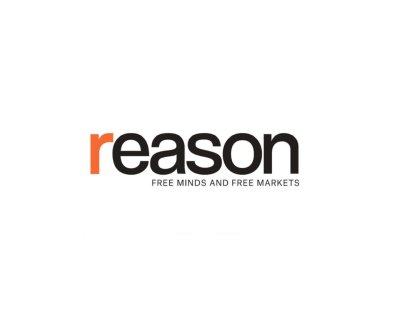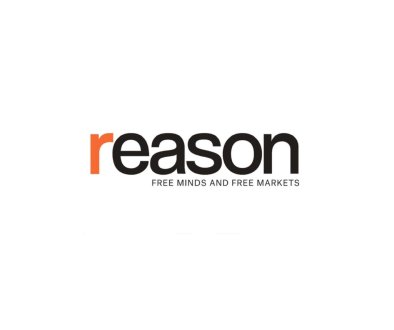Leviathan Logic Versus Individual Liberty
The failure to think clearly about government is one of the greatest sources of tyranny. The history of liberties lost is the history of patterns of abuses ignored and inductions not made.
People talk about the importance of ideas in politics. Often, it is merely the impact of a pretense of ideas. In Washington, fashionable ideas are the intellectual equivalent of lapel pins of the American flag. As long as politicians recite the latest phrase, they are credited with incarnating some grand idea or lofty principle.
Washingtonians become vested in Leviathan the same way that residents of other big cities become vested in their local NFL franchise. Washington logic begins and ends with deference. People genuflect to power and then rationalize their kowtowing by screening out evidence of abuses. The District of Columbia is the land of tautological reasoning by people smarter than the rest of America. Their rules of the intellectual game all favor big government.
Forbidden generalizations
Why do people trust dishonest politicians to control their own lives? People often soundly judge the character of individual politicians, yet when it comes to judging politicians as a class, the fog banks roll in.
“Political reasoning” is often an oxymoron. Many people’s “political thinking” is little more than Pavlov buttons that rulers masterfully push. This is political thinking akin to a horse eternally balking at leaping over a very low hedge. The person sees the evidence, the trends, and then shudders at making even a little jump. It is as if people fear being lost forever in limbo if their feet leave the ground of safe surmises. Government schools and the mainstream media train citizens not to reach conclusions that condemn the existing political system.
If profound political errors were limited to people who have received little or no higher education, the problem would not be so perilous to democracy. But the errors of average citizens often pale in comparison to the follies of the educated elite. As legendary political scientist E. E. Schattschneider observed in 1960, “It is an outrage to attribute the failures of American democracy to the ignorance and stupidity of the masses. The most disastrous shortcomings of the system have been those of the intellectuals whose concepts of democracy have been amazingly rigid and uninventive.” It was the experts and intellectuals who systematically slanted political thinking and pronouncements in ways that unleashed government.
Faustian intellectuals
The longer intellectuals reside in Washington, the more credence they give to official buncombe. Instead of being revolted by b.s., they use it to fertilize their careers. Intellectuals are exploited to validate Leviathan and the political class, not for any wisdom they might confer.
Few things are rarer in Washington than thinking that goes beyond wrangling about how to best achieve goals decreed by politicians. Such “thinking” is usually little more than asking, “How can we best fulfill our master’s wishes?”
But in reality, few intellectuals bother thinking. Instead, they strike the poses fashionable in their class that season. Nobel Laureate economist Friedrich Hayek defined intellectuals as “professional secondhand dealers in ideas.” A person is accepted as an intellectual not as a result of a Renaissance-like grasp of many subjects but because of recognized expertise in one subject. Hayek stressed that intellectuals “judge all issues not by their specific merits but … solely in the light of certain fashionable general ideas.”
Politicians perennially defer to existing laws and policies as if they were the codification of al
Article from LewRockwell

LewRockwell.com is a libertarian website that publishes articles, essays, and blog posts advocating for minimal government, free markets, and individual liberty. The site was founded by Lew Rockwell, an American libertarian political commentator, activist, and former congressional staffer. The website often features content that is critical of mainstream politics, state intervention, and foreign policy, among other topics. It is a platform frequently used to disseminate Austrian economics, a school of economic thought that is popular among some libertarians.




